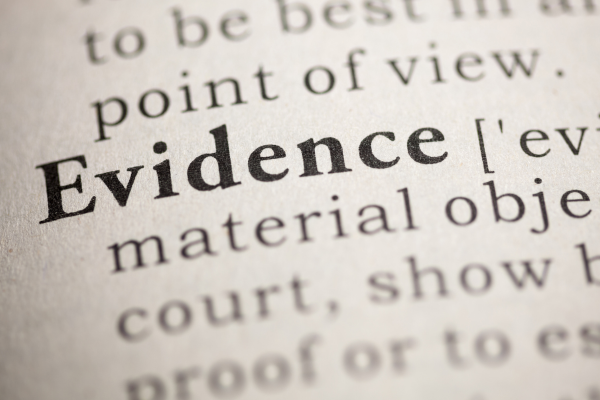
The Discovery Phase in personal injury litigation is a critical stage in the legal process where both parties gather, exchange, and assess information to build their respective cases. This phase allows both sides to understand the facts, gather evidence, and formulate their arguments based on the information obtained. Here is a breakdown of what the Discovery Phase entails, its importance, and the various tools and methods used within this phase.
Purpose and Importance of the Discovery Phase
The main purpose of the Discovery Phase is to ensure that there are no surprises during the trial by allowing both parties to fully understand the other’s case. This transparency helps to evaluate the strengths and weaknesses of each side’s arguments and can often lead to a settlement before the case goes to trial. Discovery is essential because it ensures both parties have access to the evidence and information necessary to argue their case effectively, leading to a fairer and more just outcome.
For the plaintiff, the Discovery Phase is crucial for gathering evidence that supports their claim for damages. This could include medical records, witness testimonies, and expert opinions that prove the extent of the injuries and the defendant’s liability. For the defendant, discovery allows them to challenge the plaintiff’s claims by finding inconsistencies or alternative explanations for the events in question.
Types of Discovery Methods
There are several methods used during the Discovery Phase, each serving a specific purpose in gathering evidence. These methods include:
Interrogatories
Interrogatories are written questions that one party sends to the other and must be answered under oath. They help clarify the facts of the case and identify key issues in dispute. For example, in a personal injury case, interrogatories might ask the plaintiff to detail the nature of their injuries, their medical history, or the specific circumstances of the incident that led to the injury.
Depositions
A deposition is an out-of-court, sworn testimony given by a witness or a party involved in the case. During a deposition, attorneys from both sides ask questions, and a court reporter records the answers. Depositions allow attorneys to assess the credibility of witnesses and gather detailed information that may not be obtainable through written interrogatories. They are particularly useful in personal injury cases where the testimony of eyewitnesses, medical experts, and the plaintiff’s own account of the events is crucial.
Requests for Production of Documents
This method involves one party requesting the other to provide specific documents relevant to the case. In a personal injury lawsuit, such documents might include medical records, accident reports, insurance policies, and any other documentation supporting or refuting the claims being made.
Requests for Admissions
Requests for admission are statements sent from one party to the other, asking them to admit or deny specific facts related to the case. This tool helps narrow down the issues that need to be proven at trial by establishing certain facts as true, thus simplifying the trial process. For instance, a defendant might be asked to admit that they were present at the scene of the accident or that they were the owner of the vehicle involved.
Physical and Mental Examinations
In personal injury cases, the defendant might request the plaintiff to undergo a physical or mental examination by a medical professional. This is especially common when the extent of the plaintiff’s injuries or the cause of those injuries is in dispute. The results of these examinations can be pivotal in determining the compensation awarded to the plaintiff.
Challenges and Strategic Considerations
While the Discovery Phase is meant to be comprehensive, it can also be contentious. Both parties may attempt to withhold certain information or challenge the scope of discovery requests, leading to legal motions and disputes. Judges often have to intervene to resolve these disputes and ensure that discovery is conducted fairly.
Strategically, both sides can use the discovery phase to pressure the other into a settlement. For example, if the defendant discovers damaging evidence against them, they might be more inclined to settle out of court. Conversely, if the plaintiff’s case appears weak during discovery, the defendant might push for dismissal or a lower settlement.
Contact a Florida Personal Injury Lawyer
If you have been involved in a personal injury incident, seeking legal advice is essential to protect your rights. Our legal team has more than 40 years of experience seeking justice for accident victims. Our attorneys have sought and won millions of dollars for our injured clients.
Call 850-601-1111 to schedule a complimentary consultation with no obligations. This consultation will help you explore your legal options. Let us help you fight for fair compensation.


